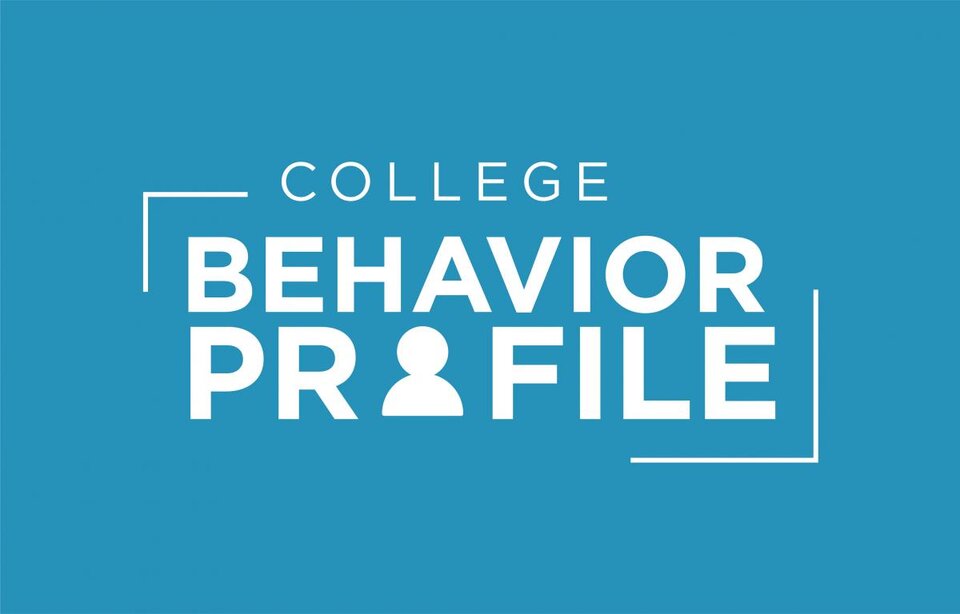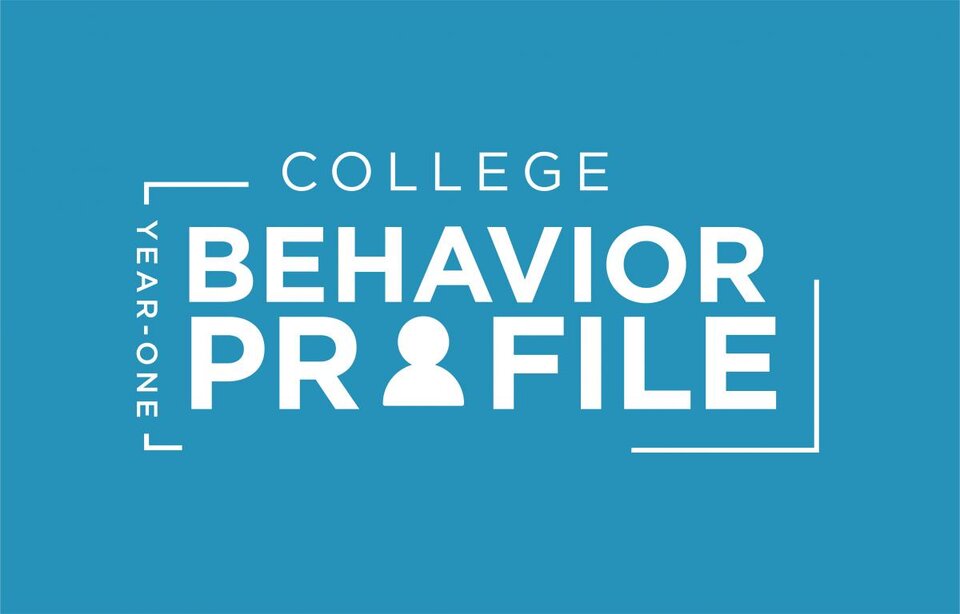
The College Behavior Profile (CBP) is a web-based brief intervention program designed to reduce high-risk drinking, marijuana use and related harms among college students. The CBP can also reinforce low-risk behaviors and reaffirm those who choose to abstain from alcohol and marijuana use. The CBP was developed by researchers and practitioners at the University of Nebraska – Lincoln (UNL) with the help of national brief intervention experts and UNL students in 2005.
The CBP utilizes personalized normative feedback and brief motivational intervention (BMI) to offer students information about their alcohol and marijuana use including risks, expectancies, perceptions of social norms, along with options for reducing problems and consequences that may be related to their use. The CBP may be used by college personnel as a standalone program for students identified as at risk for alcohol or marijuana related dependency or in tandem with programs such as BASICS, ASTP and CHOICES. This program can also be used within small groups such as Greek organizations, classrooms, and/or other social groups to discuss behavior patterns amongst group members.
Brief motivational intervention and personalized normative feedback are both strategies that have been rated as moderate to high effectiveness within the NIAAA’s College Alcohol Intervention Matrix’s (CollegeAIM) individual strategies. Institutions interested in the CBP have the ability to customize portions of the program to best meet the needs of their institution’s student population and are able to use school specific data when available to populate normative feedback information that students receive. The CBP can also be used to reinforce campus and community policies and standards related to alcohol, drug use and sexual assault.

The Year One College Behavior Profile (Y1CBP) is similar to the CBP in that it is also a web-based program designed using the principles of BMI and personalized normative feedback to reduce high-risk drinking, marijuana use and related harms among college students. However, the Y1CBP is intended to be used as a pre-matriculation prevention program with entering first-year students to help correct the misperceptions that students have about the prevalence of alcohol and marijuana use before they begin their college career.
The normative feedback used in this program is based on data collected from first-year students about their alcohol and marijuana use as well as related harms and acceptability of certain high-risk behaviors among peers. Like the CBP, there are components of the Y1CBP that institutions can customize to fit their campus population and it is an excellent way to communicate campus policies and resources related to alcohol, drug use and sexual assault for new students.
In addition to the benefits that students receive from completing the program, the Y1CBP also provides extensive data to the institutions who utilize it about the behaviors of their incoming class. This information can be broken down by student demographic information and utilized to concentrate prevention efforts where they can be most effective.
To learn more about the NECPA or how to join, please fill out our contact form.